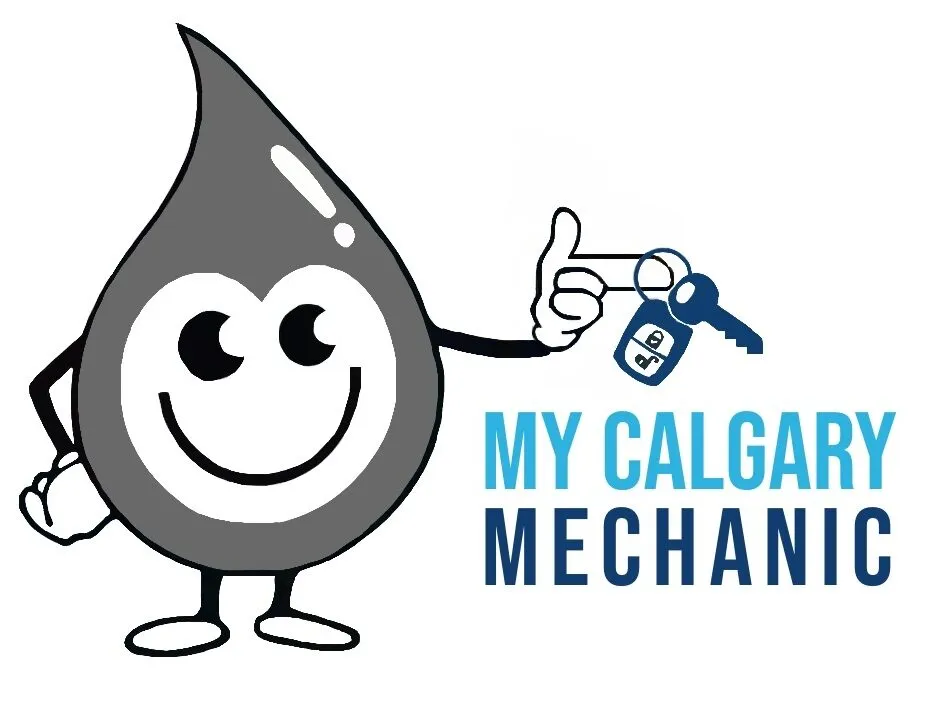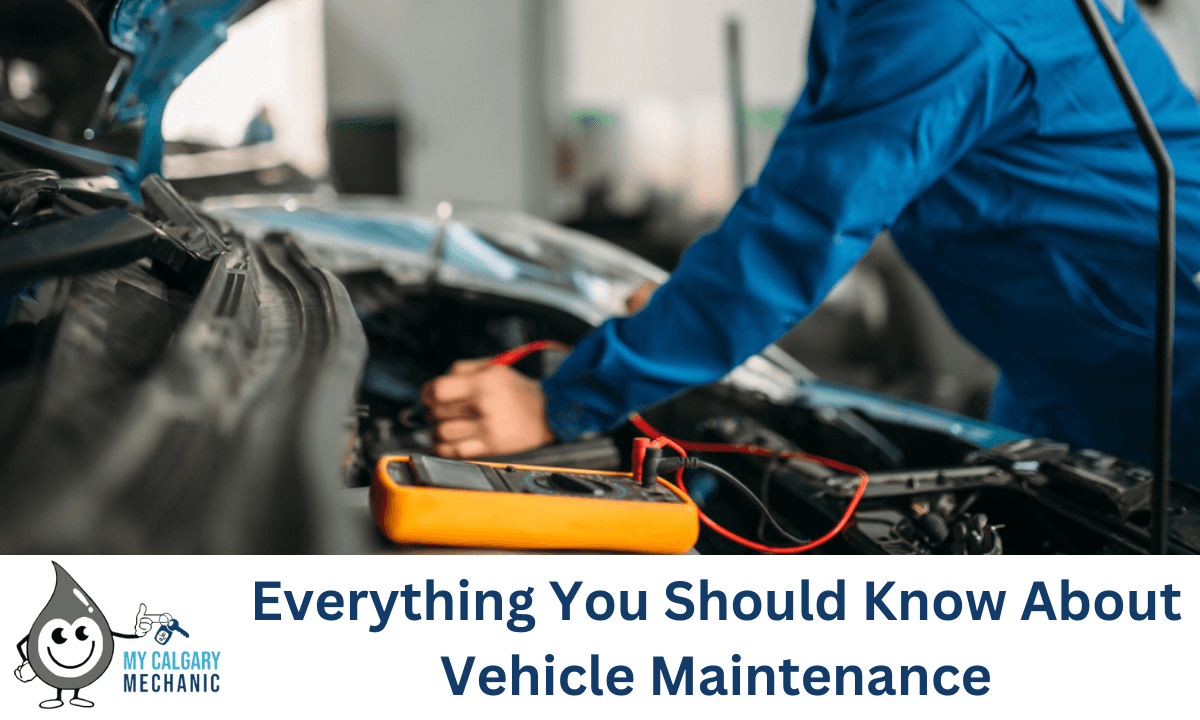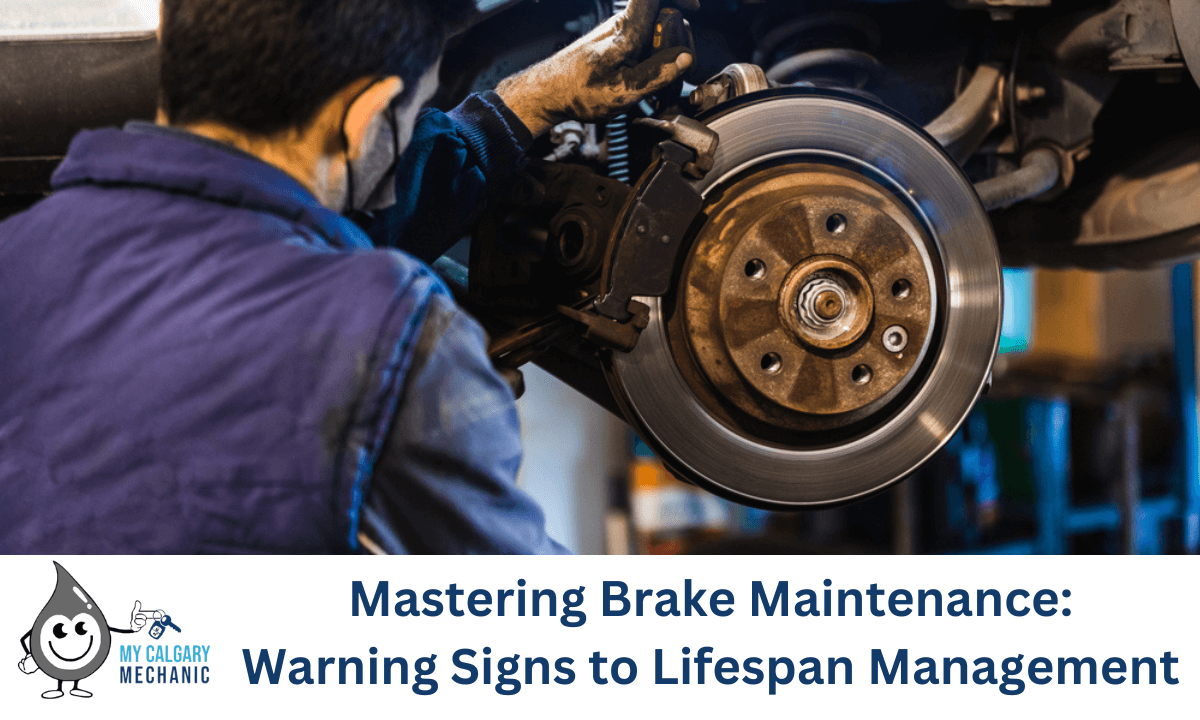As a first-time driver with a fresh license at 16 years old, I was clueless about how to maintain my super cool white 1991 Chevy Corsica.
I never changed the oil, never had a tire rotation, or kept up on my wipers… My definition of car maintenance was keeping the vehicle clean and installing a stereo system and cool lights under the seats to impress my friends.
If you’re a teen, a first-time driver or you’re a parent of a new driver about to hit the road, you’ve come to the right place. If Car Maintenance for Dummies was a book, we would prescribe it to a newbie. But since this is not a book, we made sure to include some good car maintenance tips for beginners below.

1. How often should you check your oil?
Your local car maintenance shop or dealership can provide you with a schedule to ensure you are changing your oil in the recommended amount of time. The general rule of thumb is every 3 months or 5,000 kilometres.
2. What are the things to look for when you inspect your tires?
Be sure to check your tread level, and tire pressure, and to have your tires rotated about every six months. This will help avoid flat tires.
3. How often should you check your fluids?
Check your fluids before road trips or at least before oil changes. Be sure to check your coolant, transmission fluid, steering fluid, and oil. Keeping your fluids full and clean will ensure your engine keeps working in top shape.
4. Check your vehicle’s battery strength.
Most of the time when cars don’t start it’s because the battery is dead or too weak. Be sure to keep up on your battery maintenance and keep the battery clean. It is always good to keep an extra pair of jumper cables or a battery pack in case your battery dies.
5. Be sure all your engine belts look good.
Your engine belts should all be aligned properly and you should have no visible cracks. If you lose a timing belt, that could cause a lot of damage to the engine and that would lead to a costly fix.
6. Ensure your windshield wipers are working well.
Check your wipers to ensure they are not cracked or broken. If the weather or the roads get nasty, you need as much visibility as you can get.
7. Check the dash on your vehicle for any warnings or lights.
If any warnings or lights are on in your vehicle, check your owner’s manual or consult Google before operating the vehicle. You can diagnose the warning with a mechanic or yourself and determine if your vehicle can still operate safely.
8. Make sure your brakes work well.
Make sure to check out your brakes, parts, and rotors. Being able to stop a one-ton vehicle in time will ensure you and others are safe on the road.
You can request a maintenance schedule for your vehicle at some mechanic shops, or the brand dealer, or you can find it online. If you can follow this maintenance schedule, it will ensure you keep safe on the road, and if you keep the car in good working order, you can sell it for more in the future.






